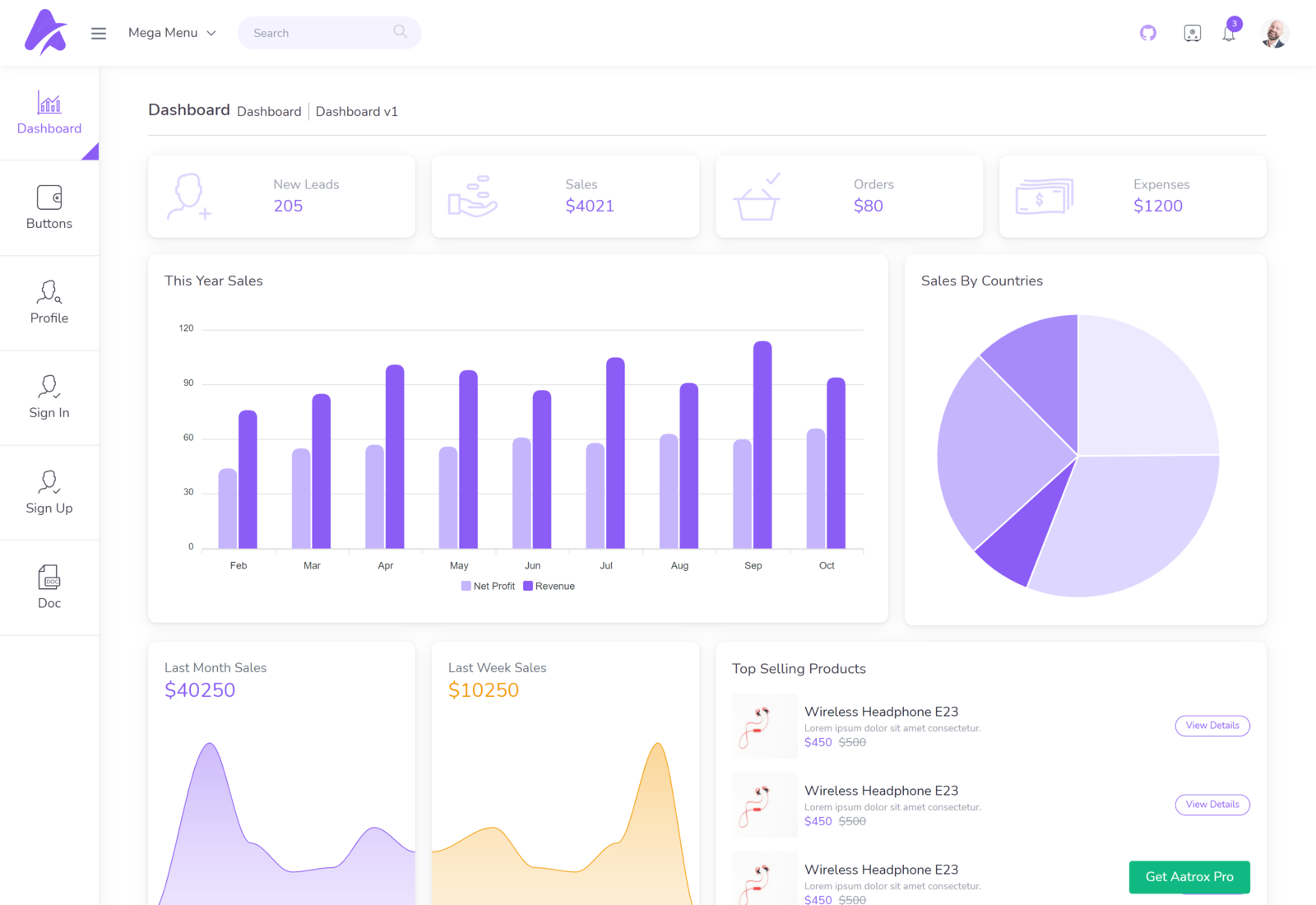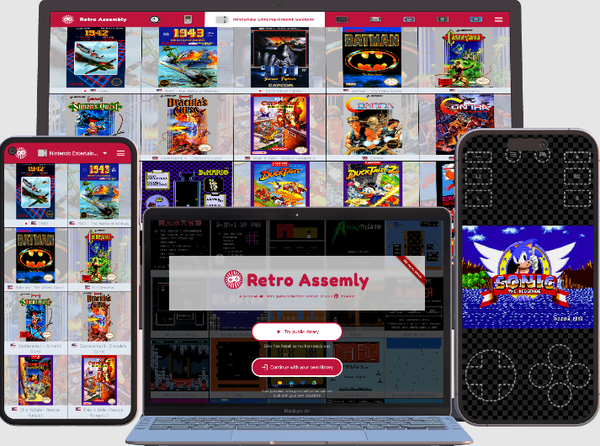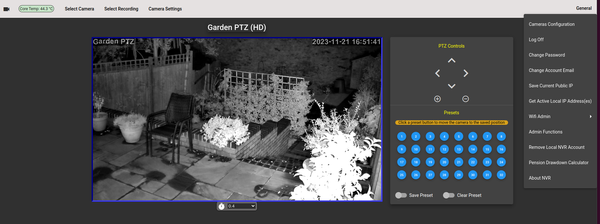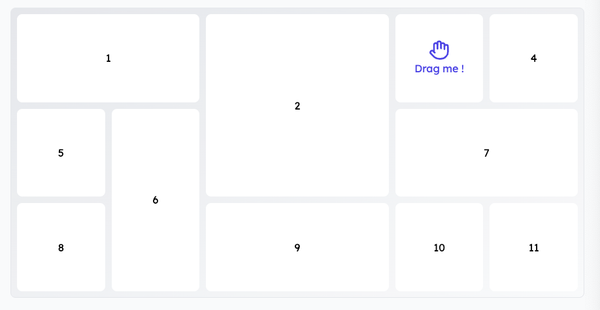Is Angular JS Framework Dying in the Shadow of React, Vue, and Svelte?
Table of Content
AngularJS, once a dominant force in the world of front-end development, has seen its position challenged in recent years by newer frameworks like React, Vue.js, and Svelte.
As developers seek more efficient, flexible, and performance-oriented solutions, the question arises: is Angular dying, or does it still have a place in modern web development?
Understanding Angular JS Framework
AngularJS, now referred to simply as Angular, was introduced by Google in 2010. It quickly gained popularity for its powerful features such as two-way data binding, dependency injection, and modular development.
AngularJS paved the way for structured and maintainable web applications, particularly in enterprise environments.
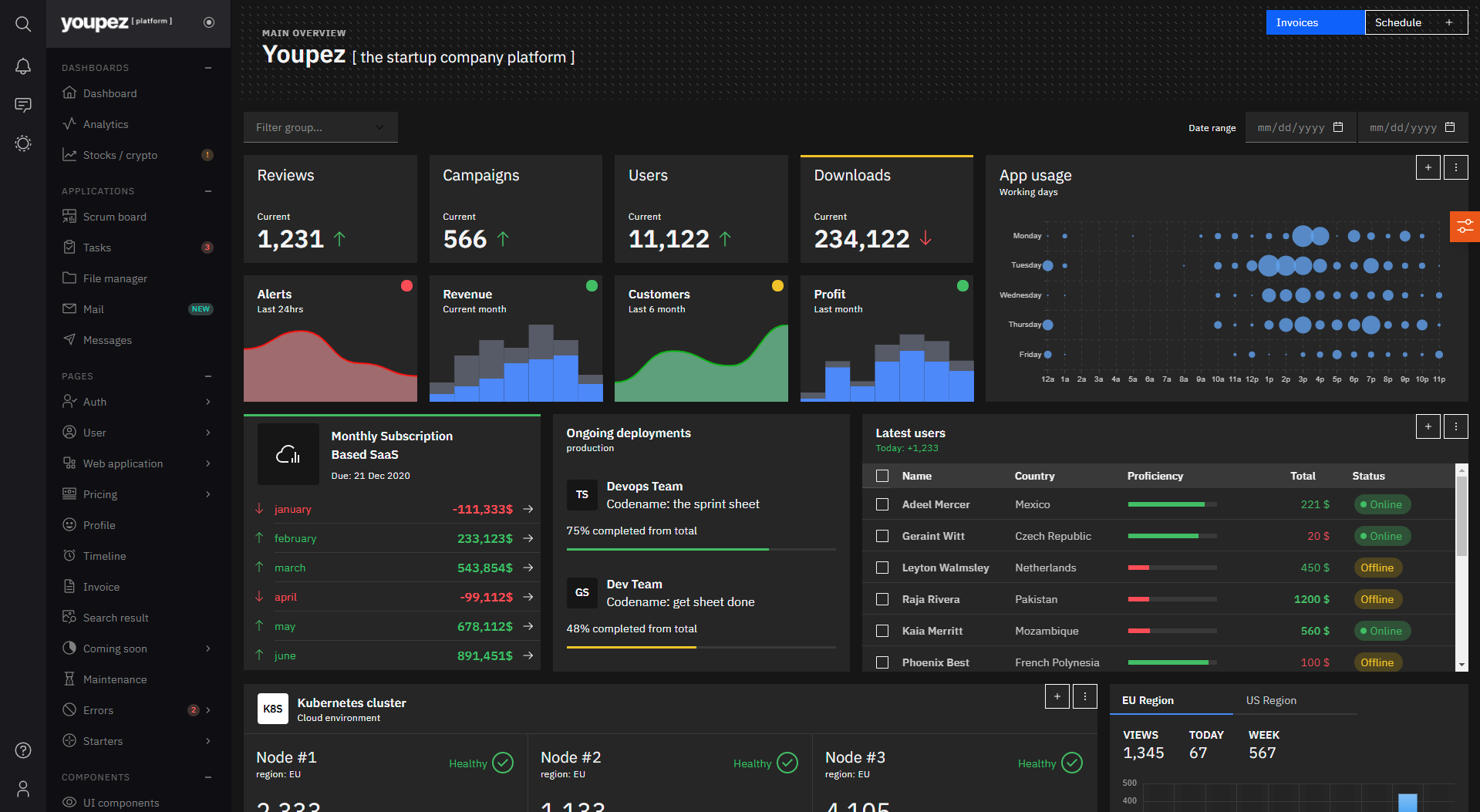
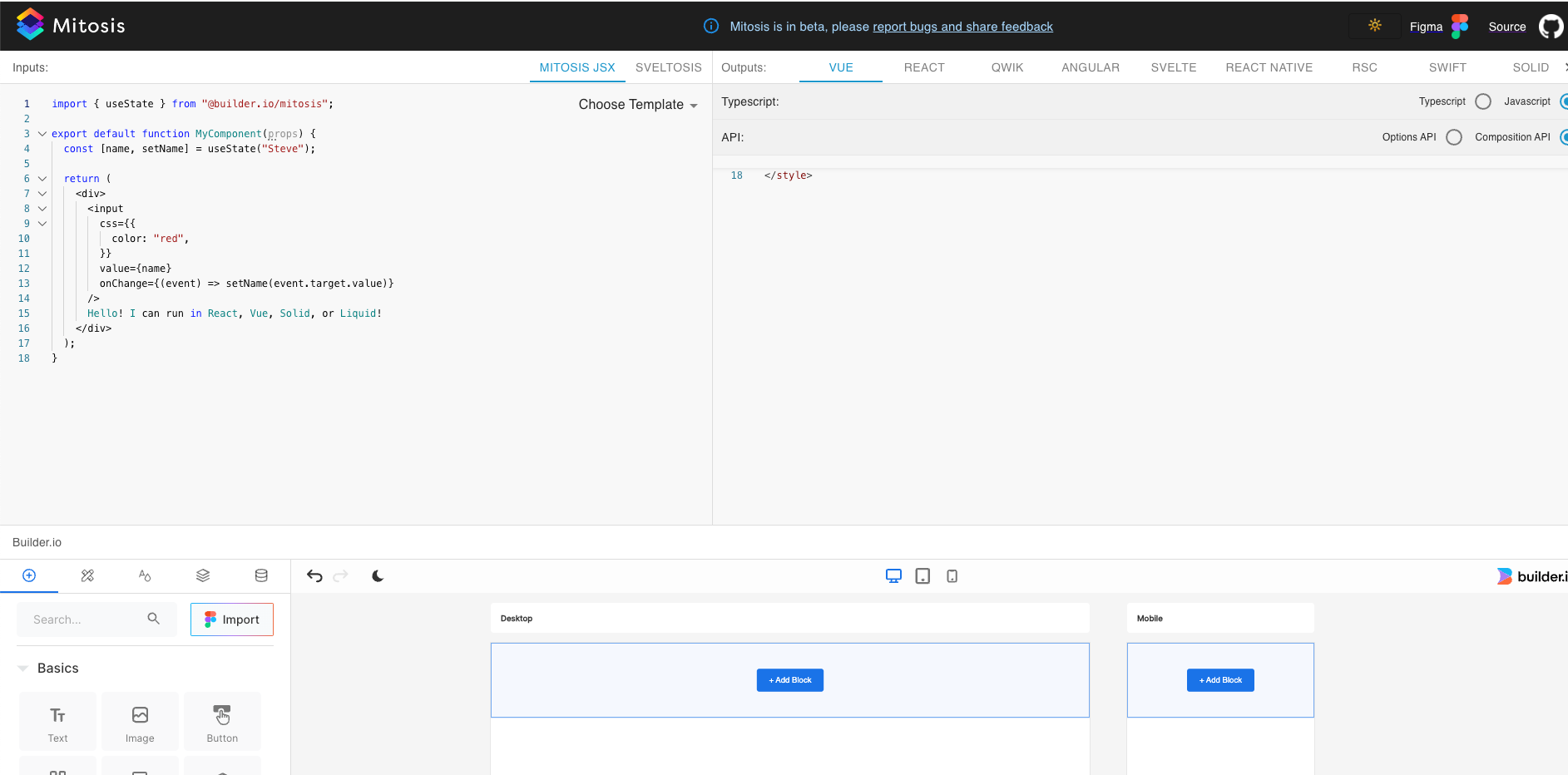
The Rise of Competitors: React, Vue, and Svelte
In contrast to Angular's monolithic approach, React, Vue, and Svelte have gained traction for their lightweight, component-based architectures and emphasis on performance optimization:
- React: Developed by Facebook, React introduced the concept of virtual DOM for efficient rendering, making it highly suitable for applications requiring frequent updates.
- Vue: Known for its simplicity and flexibility, Vue combines the best aspects of Angular and React, offering a progressive framework that scales from simple prototypes to enterprise applications.
- Svelte: A newcomer with a unique approach, Svelte shifts the work traditionally done at runtime to compile-time, resulting in highly optimized vanilla JavaScript code and smaller bundle sizes.
Angular's Position Today
Despite facing competition from React, Vue, and Svelte, Angular remains relevant in certain scenarios:
- Enterprise Adoption: Many large organizations continue to use Angular for its robust features, TypeScript support, and extensive tooling. Angular's opinionated structure can be advantageous in maintaining consistency across large teams and projects.
- Full-Featured Framework: Angular provides an all-inclusive solution with built-in routing, forms management, HTTP client, and more. This comprehensive nature appeals to developers looking for a complete framework rather than assembling libraries.
- Long-Term Support: Google's commitment to long-term support (LTS) for Angular versions provides stability and security for enterprise applications.
Open-Source and Enterprise Projects Using Angular
Angular's ecosystem includes numerous open-source and enterprise projects that leverage its capabilities:
- Open Source Projects:
- Angular Material: Google's Material Design components for Angular applications.
- ngx-bootstrap: Bootstrap components powered by Angular.
- Angular Universal: Server-side rendering for Angular apps.
- Enterprise Projects:
- Microsoft Office Online: Uses Angular for its web versions of Office applications.
- Forbes: Their CMS and contributor platform are built with Angular.
- Upwork: Angular powers parts of their freelancing platform.
- IBM Cloud Console: Angular is used in various parts of IBM's cloud management console.
Final Note
While React, Vue, and Svelte have gained popularity for their lightweight and flexible approaches, Angular remains a strong contender in enterprise settings and for developers who prefer a comprehensive, opinionated framework.
The choice between Angular and its competitors ultimately depends on project requirements, team expertise, and development philosophy. As technology evolves, Angular continues to adapt, ensuring its relevance alongside newer frameworks in the dynamic landscape of web development.
